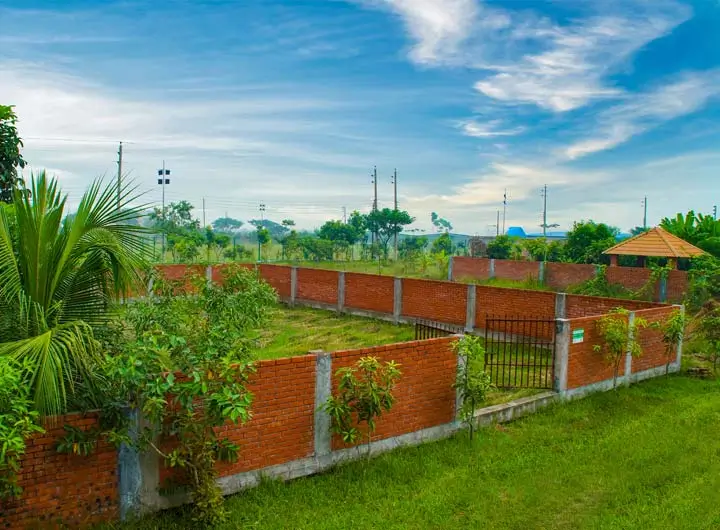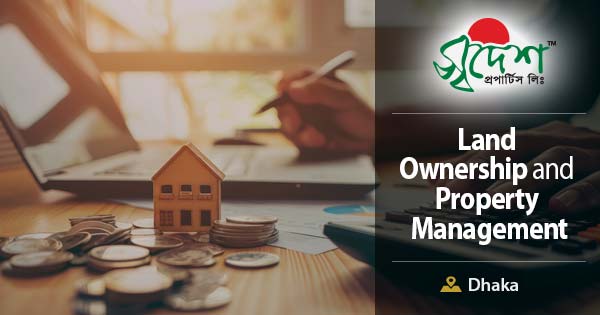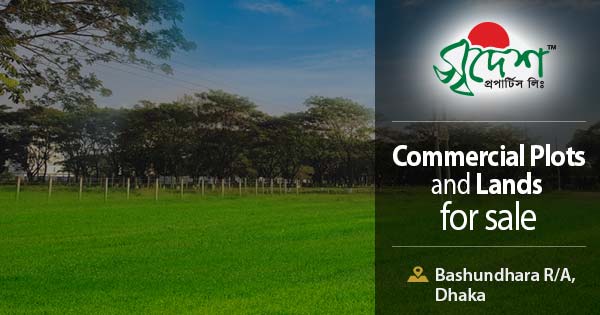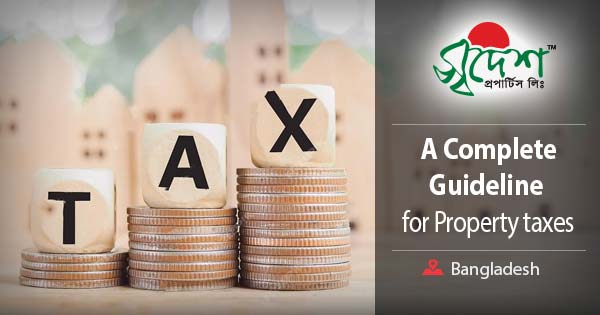Land vs Flat: A comprehensive comparison before investing
Investing in real estate is a significant decision that requires careful consideration of various factors. Among the many choices available, deciding between purchasing land and buying a flat (apartment) is a common dilemma. Both options offer distinct advantages and disadvantages, and understanding these can help investors make informed decisions.
In this blog, we'll explore the key differences between investing in land vs flats, providing a comprehensive comparison to guide your investment choices.

Key factors to consider before investing in property
Land refers to a parcel of earth that can be used for various purposes, such as residential, commercial, agricultural, or industrial activities. On the other hand, a flat known as an apartment, is a self-contained housing unit that occupies part of a building. Flats are typically found in multi-story residential complexes.
One must consider some factors before investing in property. Take a look at our comparisons of different factors including valuing potential, income generation, maintenance and management, affordability, and legal regulations. This factor must be taken into consideration before investing in land or flat-
Valuing potential
Land generally appreciates over time, especially in rapidly developing areas. Land value is tied to location, infrastructure development, and market demand. It offers high potential returns, especially in growing cities or towns. Land investments can be more speculative, with returns depending heavily on future developments.
Flats are also appreciated, especially in well-maintained buildings and desirable locations. The value can be boosted by amenities, proximity to urban centers, and overall demand for housing in the area. The appreciation might be lower compared to land. Flats in older buildings may depreciate or require significant maintenance and upgrades, affecting their overall value.
Income generation
Land can be leased for agricultural, commercial, or industrial purposes, generating steady income without much maintenance. Income generation from land can be limited compared to flats, and it might take longer to find renters or buyers.
Flats can be rented out easily, providing a regular rental income. This makes them a more immediate source of passive income. Rental income can vary based on occupancy rates, market conditions, and maintenance costs. Tenant turnover can also impact rental income stability.

Maintenance and management
Land requires minimal maintenance compared to flats. There's no need to worry about structural repairs, utilities, or residents issues. It may need periodic clearing or protection from trespassers. Additionally, securing and managing land can sometimes be challenging.
Flats, especially in well-managed complexes, come with maintenance services that handle repairs and servicing. This makes them easier to manage. Maintenance costs can be significant, particularly in older buildings.
Liquidity and resale value
Land is generally easier to sell, especially in high-demand areas. Its value tends to hold steady or increase over time. In some markets, finding buyers for land can take time. The resale process may be slower compared to flats.
Flats in prime locations tend to sell quickly. The market for residential properties is often more active, facilitating faster sales. The resale value can be affected by the age of the building, maintenance issues, and market conditions. Older flats may face depreciation challenges.
Financing and affordability
Purchasing land can be more affordable than buying a flat, depending on the location. Financing options for land purchases are available, though they may be limited compared to flats. Lenders often require larger down payments for land, and interest rates may be higher. Obtaining financing can be more challenging without immediate development plans.
Flats are easier to finance, with various loan options available. Lower down payments and competitive interest rates make flats more accessible to many buyers. The cost of owning a flat, including maintenance and association fees, can be higher in the long run.
Legal and regulatory considerations
Land ownership usually involves fewer legal complications compared to flats. There are no shared ownership issues or complex association rules. Zoning laws, land use regulations, and environmental restrictions can impact land use and value. Title verification is crucial to avoid legal disputes.
Flats in established buildings typically come with clear legal documentation and fewer ownership disputes. Regulations governing flats provide a framework for resolving issues. Flats are subject to homeowners' association rules, which can be restrictive. Legal issues related to shared spaces and amenities can arise.
Frequently asked questions
Which is a better investment, land or a flat?
It depends on your goals. The land offers higher appreciation potential and low maintenance, while flats provide regular rental income and easier financing.
Do flats appreciate as much as land?
Generally, land appreciates more over time, especially in developing areas. Flats are also appreciated, but factors like building age and maintenance can affect their value.
What are the main income sources from land and flats?
Land can generate income through leasing for agricultural or commercial use, while flats provide rental income from residents.
Are there more maintenance costs for land or flats?
Flats typically have higher maintenance costs due to repairs and homeowners' association fees, whereas land requires minimal upkeep.
Is it easier to finance the purchase of land or a flat?
Flats are generally easier to finance with more mortgage options and lower down payments, while land financing can be more challenging and may require larger down payments.













